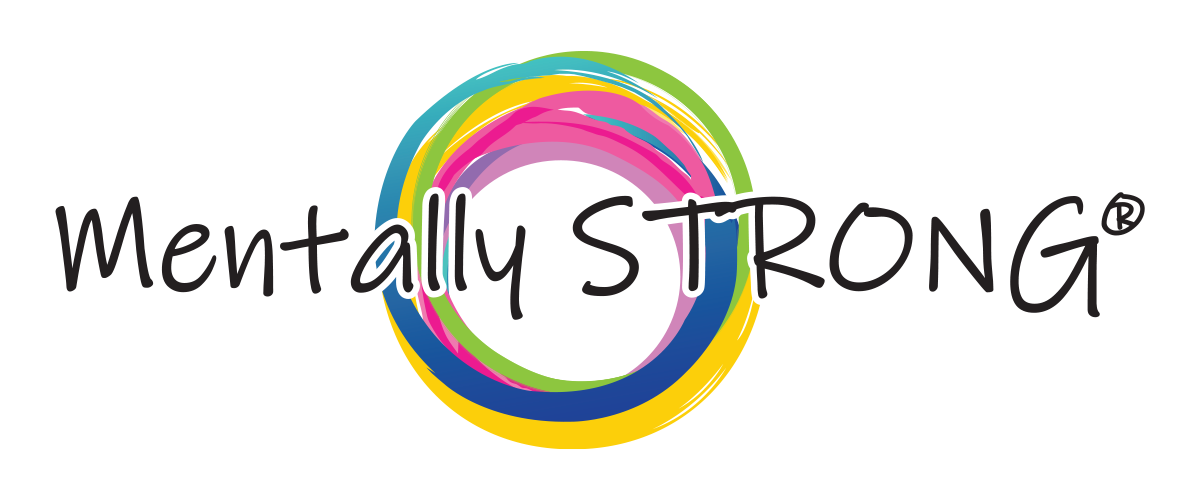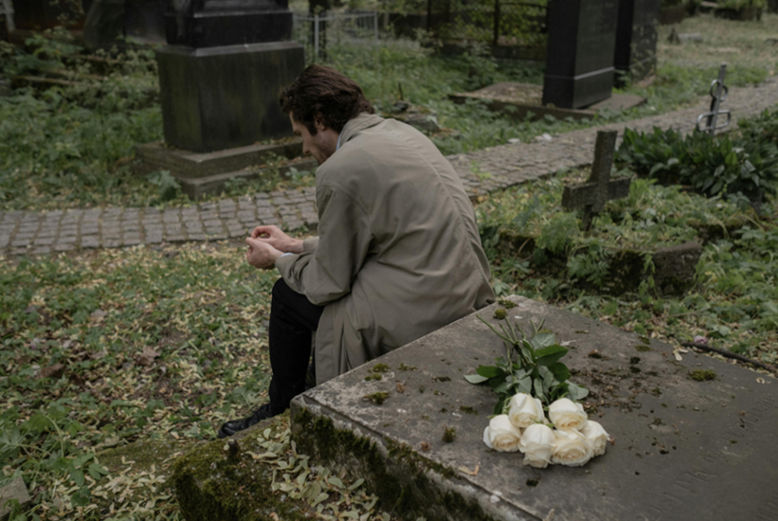Have you ever felt like you’re carrying something heavy, but you can’t quite name what it is? Maybe it’s a sadness that lingers, or a feeling that life has lost its color. You might have moments of numbness or flashes of anger that you can’t explain.
Grief that hasn’t been fully processed can sit quietly beneath the surface for years, sometimes from a childhood loss you didn’t have the tools to process, sometimes from a recent pain that feels impossible to hold. The truth is that even though it’s hard, it’s possible to heal from unresolved grief.
Let’s take a gentle step forward together and explore what is unresolved grief and the signs you may be experiencing it. There is no judgement here, we’re here to understand what we’re carrying and how we can start to heal.
1. Are You Struggling With Persistent Sadness?
Grief doesn’t always look like uncontrollable tears or emotional outbursts. Sometimes, it’s a quiet, unshakable sadness that sits with you day after day. You find yourself asking, “Why do I still feel this way?” or wondering if you’ll ever feel “normal” again.
Persistent sadness is one of the most common signs of unresolved grief. It can stem from a loss you’ve never fully processed, whether it’s unresolved grief from childhood or the recent loss of a loved one that’s left you feeling untethered.
What matters is not how long it’s been, but that your heart still feels stuck in that space of loss. Sadness shouldn’t be avoided or pushed away, but if it feels like it’s taking over your life, it may be time to pause and ask yourself, What am I holding on to? And what do I need to let go of to begin healing?
2. Do You Avoid Places or Memories That Trigger Pain?
Have you ever found yourself steering clear of a specific place, a certain song, or even a photo because it feels too painful to face? This avoidance is a common way our minds try to protect us, true especially for unresolved grief from childhood.
It can feel safer to stay away from the things that remind you of your loss. But over time, avoiding these triggers can make the grief feel bigger, like a shadow that grows the longer you run from it.
You don’t have to force yourself to revisit painful memories all at once. Healing begins with small steps, and it looks different for everyone. Perhaps for you it looks like sitting with one memory for a few moments or letting yourself listen to that song again, just long enough to notice how it makes you feel.
3. Are You Feeling Numb or Disconnected From Others?
Have you ever caught yourself moving through the day on autopilot, feeling disconnected from the people and places that once felt comforting? What is unresolved grief, if not a survival instinct that makes us feel safer to shut down than to stay open to the pain.
Numbness can be an emotional shield, a way to protect yourself from feelings that seem too big to bear. But over time, that same shield can make you feel distant from the very connections that could help you heal.
You don’t need to fix everything today.
Start small. Try sitting with someone in comfortable silence or reaching out just to say, “I’m thinking of you.” Healing begins with moments of presence, moments that remind you that you’re still here, still worthy of connection and care.
4. Do You Blame Yourself for the Loss?
When loss shakes your world, it’s easy to fall into a spiral of “what ifs” and “if onlys.” You might find yourself replaying moments, searching for something you could have done differently. This self-blame can feel relentless, convincing you that you should have prevented the loss or that you somehow failed.
I’ve seen this struggle firsthand, in myself and others. After losing my children, I carried an unbearable weight of guilt. I asked myself questions that had no answers, torturing myself with the idea that I could have done more.
It has taken me a long time to learn that blame keeps you stuck in the past, but healing comes when you offer yourself the same compassion you would give to someone you love.
Take a breath.
Place your hand on your heart if it helps, and gently remind yourself, “I did the best I could with what I knew.” The loss wasn’t your fault, and forgiving yourself is an important part of finding peace.
5. Are You Constantly Thinking About Your Loved One?
Do you ever feel like your thoughts are stuck in a loop, circling back to your loved one over and over again? You replay their voice in your head or imagine moments you’ll never have with them. These thoughts can feel comforting at times, like a tether to who they were, but they can also feel like an anchor, heavy and unrelenting.
I remember after Johnny’s passing, I’d sit by the window just… lost in memory.
I would think about the smallest things, the way his laughter filled the room, the way his face lit up when he saw his sisters. There was a part of me that was scared to move forward because I didn’t want to move further away from him.
I know you feel the same way, but holding on to their memory doesn’t mean you have to live in the past. There’s a way to keep them close while still making space for yourself to heal and live fully. Sometimes, creating gentle rituals, like speaking their name when you need strength or writing them a letter, can help your heart rest, even for a little while.
If you find yourself consumed by their memory, I want you to know that it’s not a sign of weakness or failure. It’s a sign of love. And that love will always be part of you, even as you begin to rebuild your life around it.
6. Is Grief Affecting Your Physical Health?
Have you felt like grief has settled into your bones, making it harder to breathe, harder to sleep, harder to move? It can even be headaches that linger, or your body feels drained no matter how much rest you get.
When I lost Reggie, I carried the weight in my chest like a stone I couldn’t put down. I couldn’t sleep, couldn’t eat, and every breath felt shallow. My body was screaming for care, but I didn’t know how to listen at first. I thought I had to push through the pain, but grief doesn’t work that way, it demands to be acknowledged.
So, what does “acknowledgment” look like in moments like this?
Maybe it’s placing your hand over your heart and reminding yourself, “I’m hurting, but I’m still here.” Maybe it’s curling up in a blanket for five minutes or stretching your legs to remind yourself you’re grounded.
These small moments won’t take the pain away, but they’re acts of care, gentle reminders to your mind and body that you’re doing the best you can, even when everything feels heavy.
7. Have You Withdrawn From Relationships or Activities?
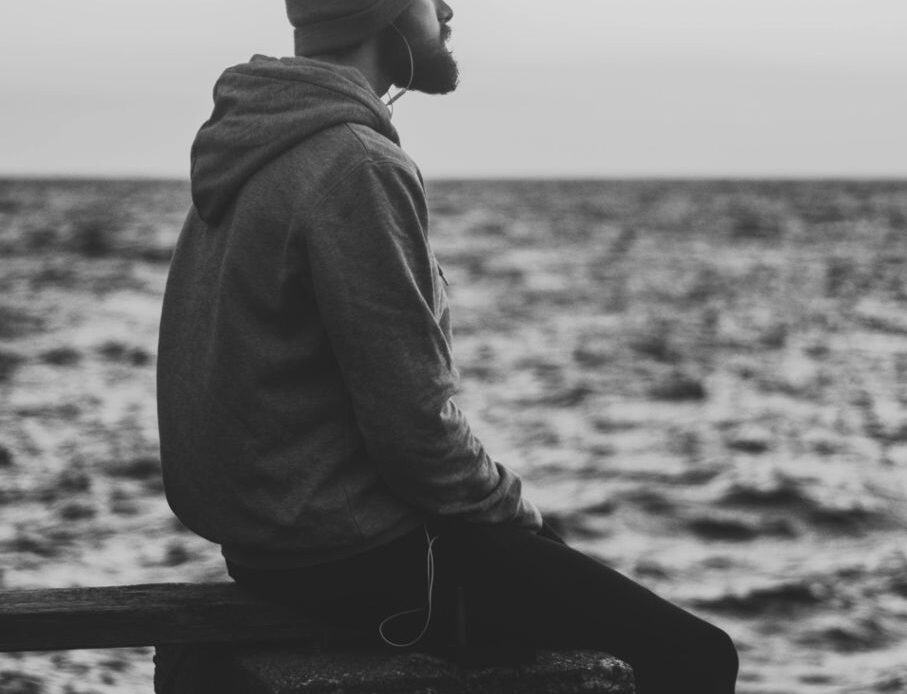
Grief, especially unresolved grief from childhood, has a way of making the world feel smaller. You may have pulled away from loved ones or lost interest in things that used to bring you joy. It can even feel like if you keep this within yourself, you protect others from your pain.
Withdrawing can feel like self-preservation, but isolation can deepen the ache. Connection is one of the most healing gifts you can give yourself. You don’t have to show up perfectly or explain everything. Sometimes, just sitting with someone who cares, sharing a quiet moment, or saying, “I need some company,” can be enough.
If you’ve pulled away from life, take a small step back toward connection.
You deserve community, not because you need fixing, but because you deserve to feel held and understood.
8. Do You Feel Stuck and Unable to Move Forward?
Grief can make time feel like it’s standing still. You might find yourself stuck in the same cycle of pain, unable to imagine a life beyond the loss. It’s okay to feel this way, it doesn’t mean you’ve failed or that you’re destined to stay stuck forever.
Ask yourself: What does “moving forward” mean to me?
When the idea of moving forward feels overwhelming, focus on just one small action: taking a breath, reaching out to someone, or making time to rest.
9. Are You Turning to Unhealthy Coping Mechanisms?
When the pain from unresolved grief feels too much to carry, it’s tempting to reach for something, anything, to ease the ache.
These coping mechanisms can look like scrolling endlessly on your phone, working late to avoid quiet moments, or having another drink just to fall asleep. These things might dull the pain for a while, but they can also keep you stuck, disconnected from the very feelings you need to heal.
I’ve been there. After losing Reggie, I poured myself into helping others because it felt like the only way to survive the emptiness. But I learned that running from grief only made it louder. The real work began when I allowed myself to slow down and notice the ways I was avoiding my own healing.
You don’t have to face this realization with shame, only honesty. Ask yourself gently: Is this choice softening the grief or burying it? This question is only to remind you that even when you feel stuck, you have the power to choose compassion for yourself.
10. Are You More Fearful or Anxious About Future Losses?
When you’ve experienced deep loss, fear becomes an unwanted companion. Sometimes, it shows up quietly, a passing thought you try to push away. Other times, it grips you entirely.
I remember after Miah passed, I would wake in the middle of the night, terrified that someone else I loved would be gone when morning came. It was exhausting, waiting for the next loss, bracing for heartbreak.
If you’ve felt this, you’re not alone. That fear makes sense after everything you’ve been through. Look at it this way: fear may try to control you, but you still have choices. You can choose to reach out, to remind yourself of the connections that remain, and to build a sense of safety in your life, even when things feel uncertain.
You’ve lived through heartbreak, but you’re still here. You don’t need to have it all figured out today. You just need to give yourself permission to believe in your strength, one small moment at a time.
How Can You Start Healing From Unresolved Grief?
Healing demands for you to live with your grief in a way that makes room for joy again. But when your heart feels raw and everything feels like too much, where do you begin?
Just take a breath. You don’t have to figure this out all at once. We’ll take this step by step, in a way that feels right for you.
Have You Allowed Yourself To Truly Feel the Pain?
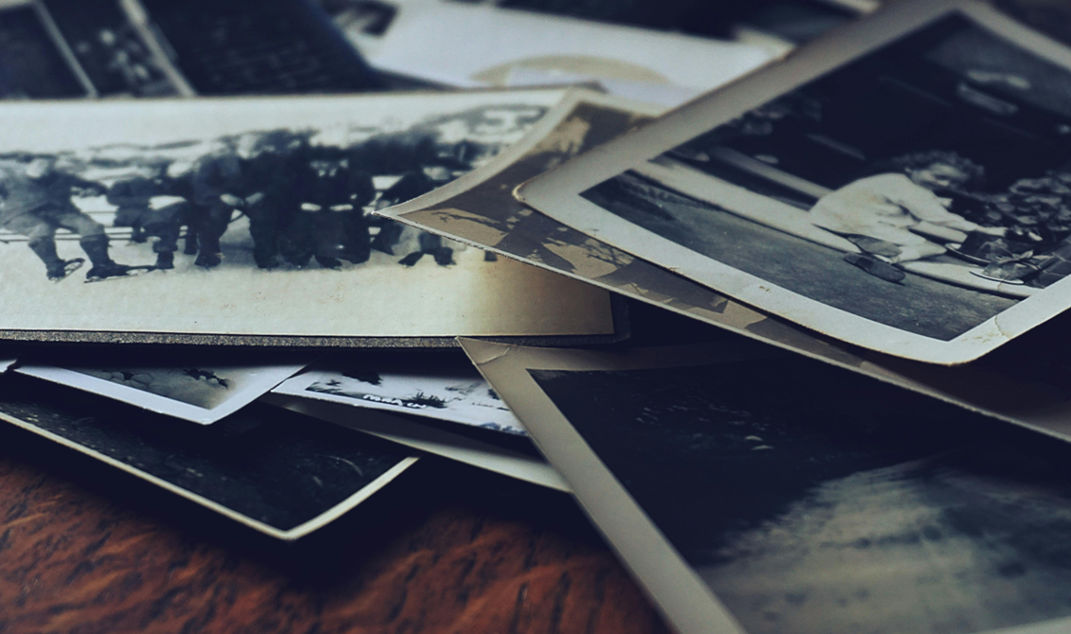
When you’re grieving, it can feel easier to run from it than to face what’s inside. Your heart deserves the space to breathe, and that’s only possible when you slow down and let yourself truly feel the sorrow.
Grief is love with nowhere to go, and so your grief is a reflection of your love. And your pain? It too deserves to be seen, not silenced.
What Is Controlled Grief and How Can It Help You?
Grief is heavy, so heavy it can feel like it will crush you if you let it all in at once. I remember sitting with Reggie’s sweatshirt, gripping it so tightly because it felt like the only way to hold on to him. The wave of grief came so fast, and all I could do was let the tears come.
That’s what controlled grief is about. It’s choosing moments to sit with your pain and let yourself feel it. The time you spend on this doesn’t matter, do whatever you can handle.
But once that time ends, you remind yourself it’s okay to step away. You don’t have to live in constant sadness to prove your love to them. Controlled grief gives you permission to feel and live. You can come back to the world knowing your grief has a place, and it doesn’t have to consume everything.
Could Rituals Bring You Comfort and Connection?
When you’ve lost someone dear, the world can feel disorienting, as if time keeps moving while you stand still. Rituals offer a way to ground yourself, a chance to step into a moment that’s just for you and the person you’ve lost.
What might bring you that sense of closeness? Here’s some rituals you could try to feel closer to them:
Planting flowers in their honor.
Whispering your thoughts to them during a morning walk.
Lighting a candle in remembrance.
Doing a nice thing for a stranger.
….or simply getting their favourite kind of cereal for the mornings you miss them a little too much.
These rituals remind you that love remains, even in the silence.
Are You Ready to Reconnect With Joy and Meaning?
After loss, joy can feel like a betrayal, like smiling means you’ve forgotten. But joy doesn’t replace your grief. Instead, it can live alongside it, reminding you that life can hold beauty, even after unthinkable loss.
Reconnecting with joy starts small.
Try finding tiny moments of joy, like feeling the warmth of sunlight on your face, hearing a song that makes you sway, or savoring the quiet comfort of a peaceful morning.
Your grief will always be a part of you, but so is your ability to find meaning, connection, and even moments of laughter. You’re allowed to deal with grief and seek joy again, simply because your heart is big enough to hold both love and loss.
Is It Time to Seek Support From a Professional?
Sometimes, carrying grief alone becomes too heavy. You might find yourself feeling stuck, overwhelmed, or unsure how to move forward.
A therapist or grief counselor can offer you a safe space to share your pain and help you make sense of the complex emotions tied to your loss. In my own story of loss, therapy has often been a lifeline for me. It gave me the structure and support to process the layers of grief without feeling buried by it.
If you’ve been feeling like you’re drowning or you just need someone to listen without judgment, know that reaching out can be a powerful first step. You’re not weak for needing help. You’re human.
Explore Mentally STRONG Grief Resources
You don’t have to carry your grief alone. I’ve been there, feeling like the pain that comes from loss might break me. That’s why I’ve created spaces where you can feel understood, supported, and gently guided as you find your way forward.
Free Grief Course Designed for You
When I went through my own personal loss and used controlled grief to get through it, I knew I had to create something for others who too feel lost in their grief. This free course, Grieve with Purpose, offers you a way to begin making sense of your pain. It walks you through actionable steps and resources like grief worksheets so you can heal at your own pace.
YouTube Playlist to Help You Heal
There were days when I couldn’t find the right words to comfort myself. So I started speaking them aloud in videos, hoping they might reach someone who needed to hear them. This grief playlist is my way of sitting with you, sharing stories, practical strategies, and a reminder that you’re not alone.
Discover Strength Through My Grief Documentary
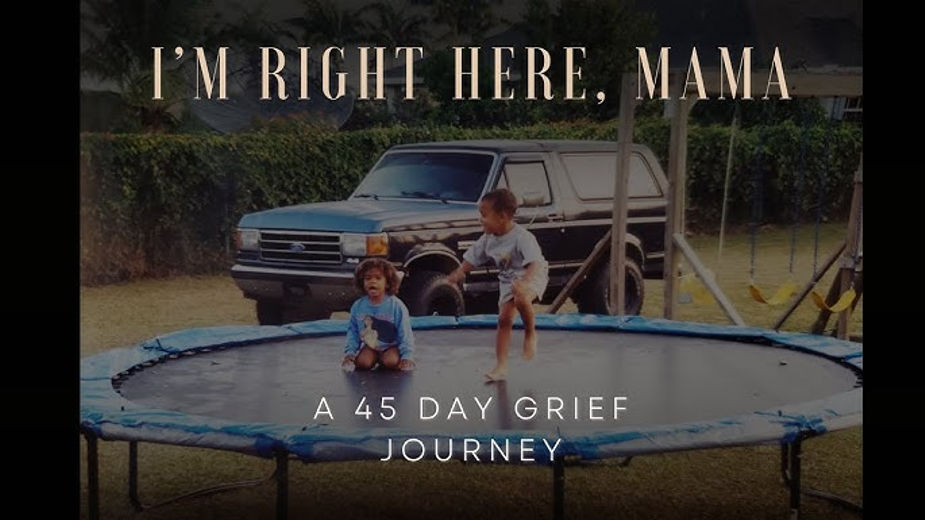
When I filmed I’m Right Here, Mama, I opened my heart in ways I wasn’t sure I was ready for. It’s my story of love, loss, and the small steps I took to keep going after losing Johnny, Reggie, Miah, and my husband. I hope that watching this documentary helps you connect to the truth that you’re allowed to grieve and heal in your own way, too.
Begin Healing Through the Grief Intensive
If your grief feels heavy, like something you can’t carry by yourself, I want you to know you don’t have to. The Grief Intensive is a space I’ve designed for those who need deeper support. It’s where we work together to untangle grief from trauma, using the Mentally STRONG Method to gently guide you back to yourself. You’ll be surrounded by people who understand and who encourage you to find hope, even when you feel unsure if it’s possible.
Moving Forward With The Grief
Your grief is part of your story, but it’s not the whole story. You have permission to feel joy, to dream again, and to build a life where your loved one’s memory lives on.
If you’re ready to take that next step, whether it’s reaching out for support, finding a grounding practice that brings you comfort, or joining the Grief Intensive, know this: you’re not alone. You’ve already made it through moments you didn’t think you could survive.
That strength is still in you, and it always will be.
